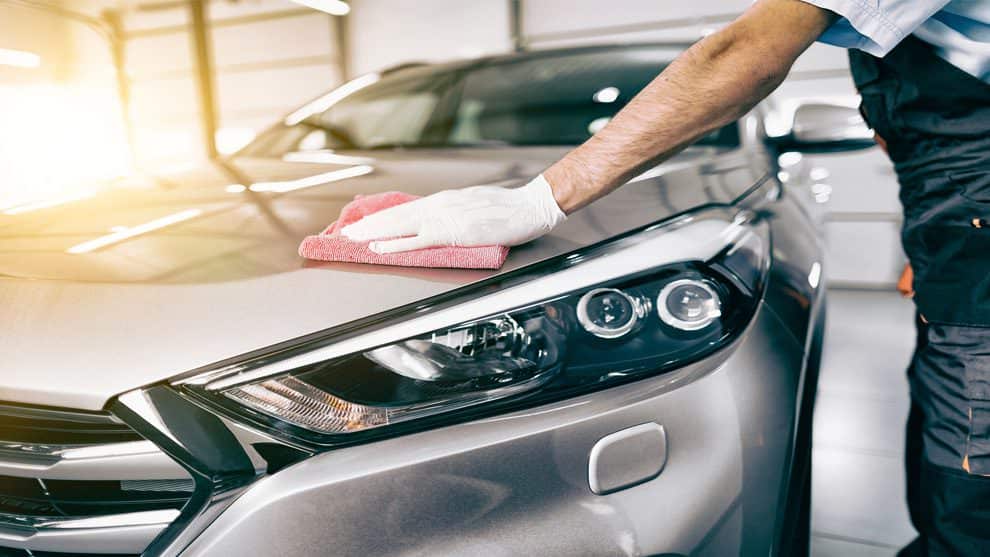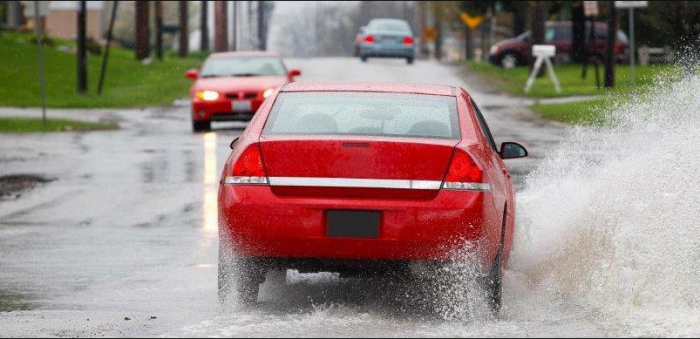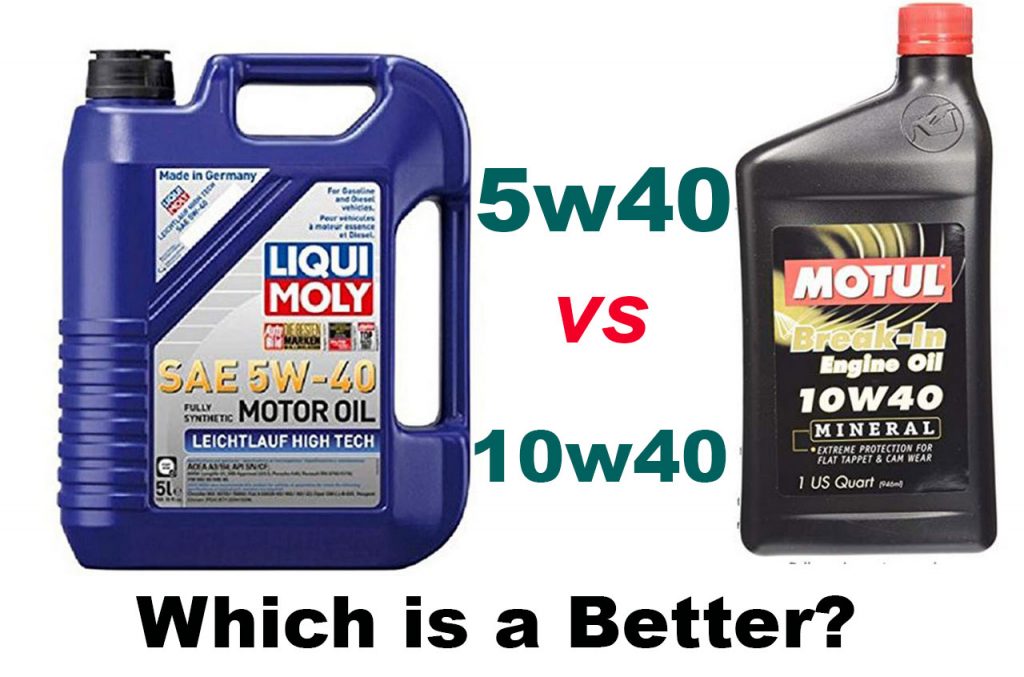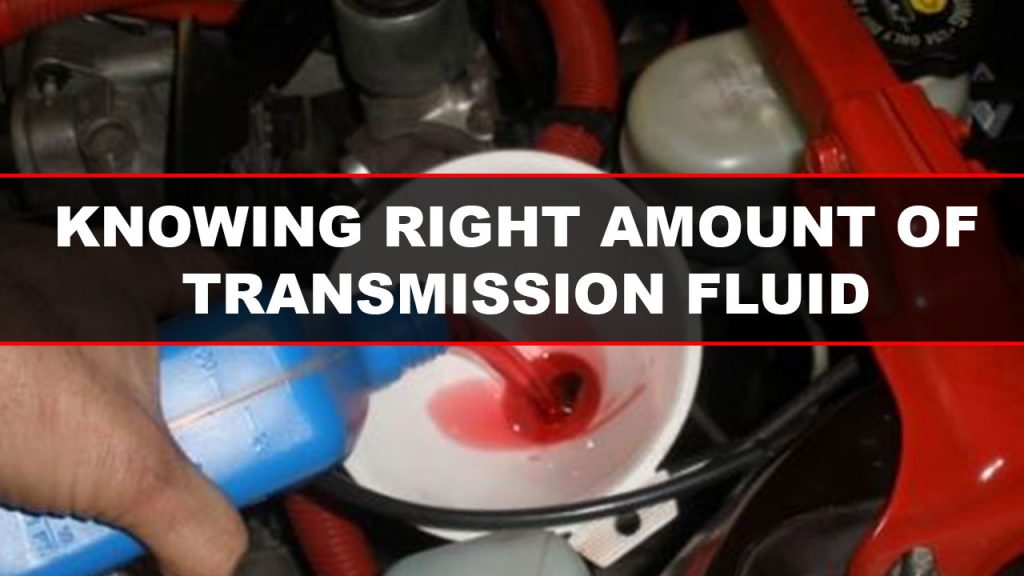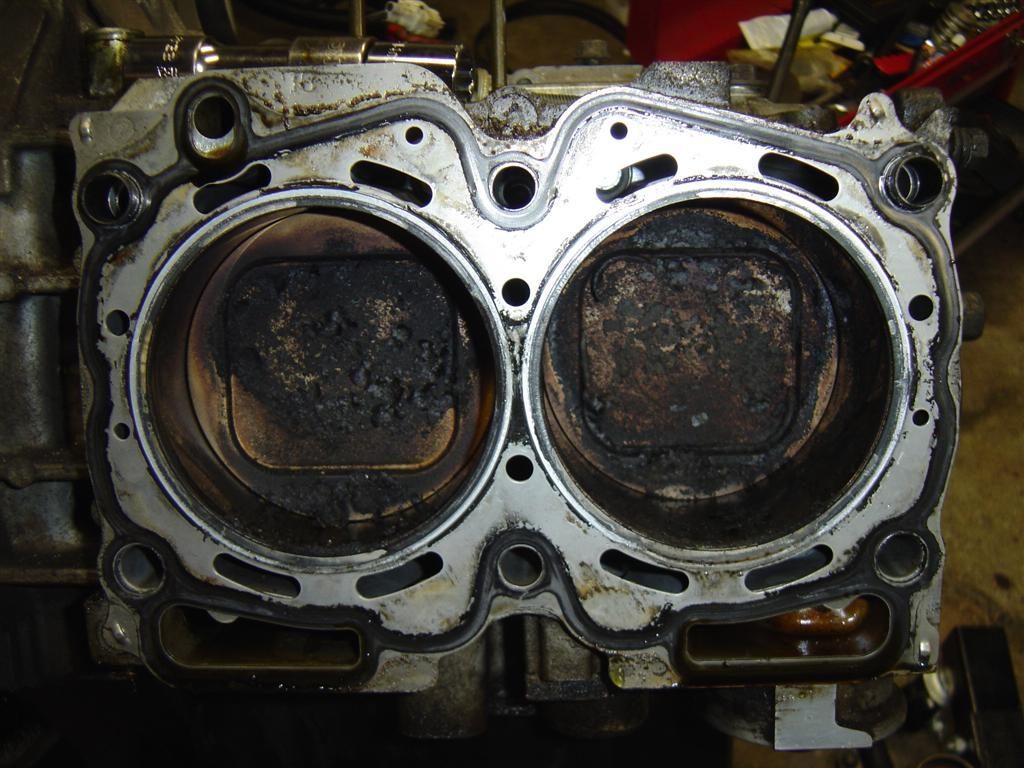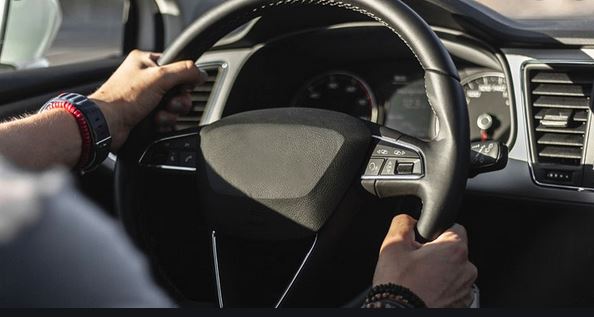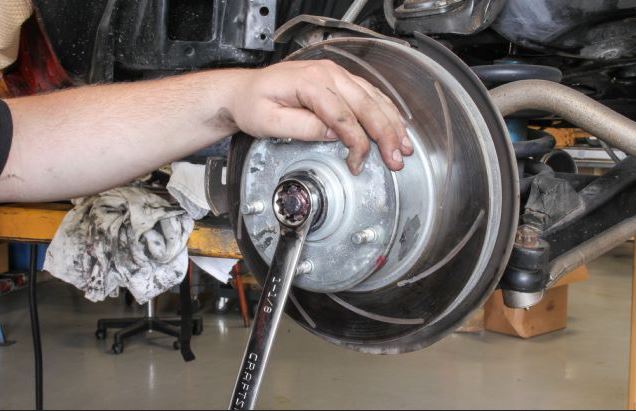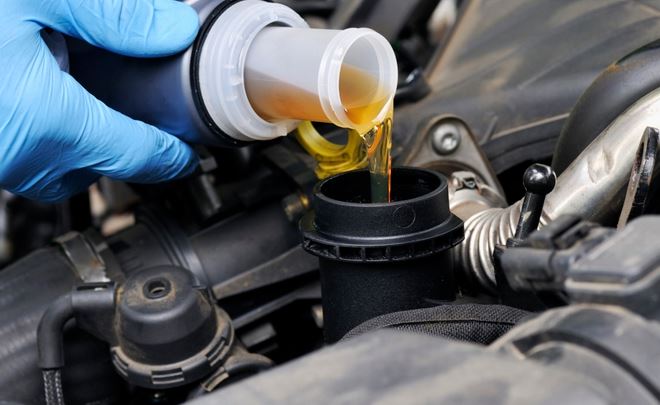If you mistakenly added a bleach to your car glas tank and now you are wondering how Much Bleach in a Gas Tank Will Ruin the Car Engine then this post is for you. Adding bleach to a gas tank sounds completely absurd and irrational. However, we live in a world where people aren’t afraid to try new things or experiment with their possessions, regardless of the consequences. It’s not uncommon for people to add bleach to a car’s gas tank with the hope or intent of cleaning it. Bleach is a strong cleaning agent and contains powerful chemicals to effect changes while cleaning. That’s the only possible reason for adding it to a gas tank and an unreasonable one.
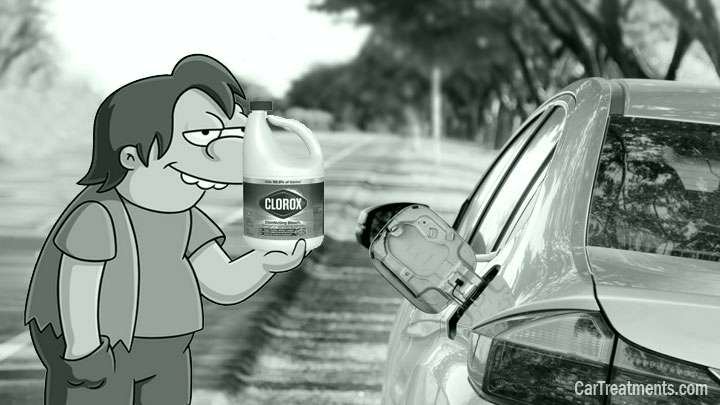
Will there be consequences? What happens when I add bleach to a gas tank? How much bleach in gasoline will ruin the car engine?
These are burning questions surrounding the use of bleach in a gas tank, and in this article, you’ll find all the answers to these questions, among other necessary information.
Now let’s get right into it.
Does Putting Bleach in a Gas Tank Have Any Effect?
The straight answer to the question is a big Yes. Introducing a foreign agent like bleach into the gas tank of your car has severe consequences for the engine. For starters, the car might start stalling, and the engine will display symptoms of struggling. But this anomaly in engine behavior depends on the amount of bleach in the tank. If the concentration of bleach is very high, the effect is almost instant like stalling or even explosion, if the solution wasn’t diluted with water. Without diluting the bleach, even a quartz of it can damage the engine instantly.
If the concentration is small, however, the effect will be gradual. Bleach contains a highly corrosive and powerful chemical which is chlorine. When this powerful chemical agent gets into your car’s engine, it will start eating away at the engine’s vital parts by reacting vigorously with every metal it comes in contact with, and the same goes for plastics.
Bleach also contains high volumes of water to dilute the concentration of Sodium Hypochlorite chemical. Water inevitably leads to corrosion of the gaskets and seals of the engine, and it should be nowhere near the engine of a car, let alone inside.
If you allow the bleach-gasoline mixture in your car for a long time, especially while running the engine, the devastation will spread to other parts of the car. Other metal parts, such as Gas pumps, Gas lines, and cylinder heads, will be affected by the corrosive reaction.
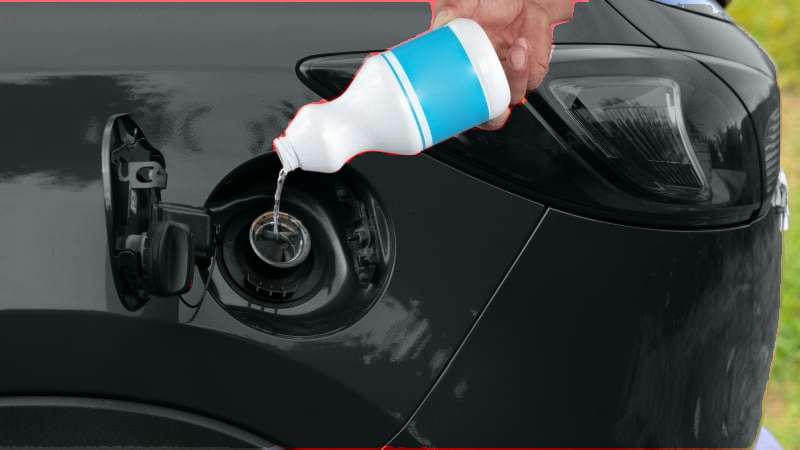
Can You Ride a Car with Bleach in the Gas Tank?
Let’s assume someone maliciously added bleach to your gas tank, and you didn’t know about it. You can safely ride the car to your desired destination and return if the volume of gas is enough to make the trip. However, it depends on the quantity of bleach inside the gas-bleach mixture. Adding a small amount of bleach to your car’s gas tank might not lead to any remarkable damage instantly. However, the presence of bleach in your car’s engine is not something you should be comfortable with. Anything asides from gasoline in the gas tank spells trouble for your car. Because you can drive around with it in the meantime doesn’t mean you should go to bed in peace that everything is fine. It’s only a matter of time before the engine will start failing.
Will Bleach in Gas Tank Explode?
The truth is yes. However, the possibility of this scenario depends on the concentration of bleach in the gas tank. Bleach is 90% water and 10% chlorine, a combination that’s not enough to cause an explosion. If, however, the concentration of bleach is high, you might just be at the brink of a heavy explosion, which is the worst-case scenario. Bleach contains Sodium Hypochlorite, and 100% of this chemical compound undiluted with water in your car’s engine can lead to an exothermic reaction that causes an explosion.
Is Bleach Damage to Gas Tank Reversible?
Well, if your gas tank explodes, reversing the damage is far from reality. You can only savage the situation when the concentration is in small amounts or even negligible. So, let’s assume you mistakenly added bleach into your gas tank, someone did, or somehow, it finds its way into your gas tank. The damage won’t be severe or pronounced because you can easily flush the entire mixture and replace it with the right gas before it gets to the engine. Any damage within this period can be managed. On the contrary, If you didn’t notice on time or have been practicing the mixture for a long time, most of your engine’s parts must have corroded by the time you realize, and your vehicle may need a complete engine overhaul or replacement.
How Long Does It Take for Bleach to Ruin a Car Engine?
Chemicals aren’t reluctant in causing damage to the environments they find themselves in, and bleach is not an exception. The walls of the gas tank will start corroding within 48 hours (24 hours for a steel tank) due to the presence of water in the mix that settles at the bottom. The engine will partake in the damage as soon as the car starts. That’s for the gas tank alone, assuming you include the bleach and refuse to use the car for the next couple of days.
Now to the engine. If you fill-up the gas tank with enough bleach and start the car, you can say goodbye to your vehicle’s engine within the next 5 to 10 minutes. For some vehicles, even minute quantities of bleach in the gasoline are enough to ruin the engine within minutes, while for some, it could take longer.
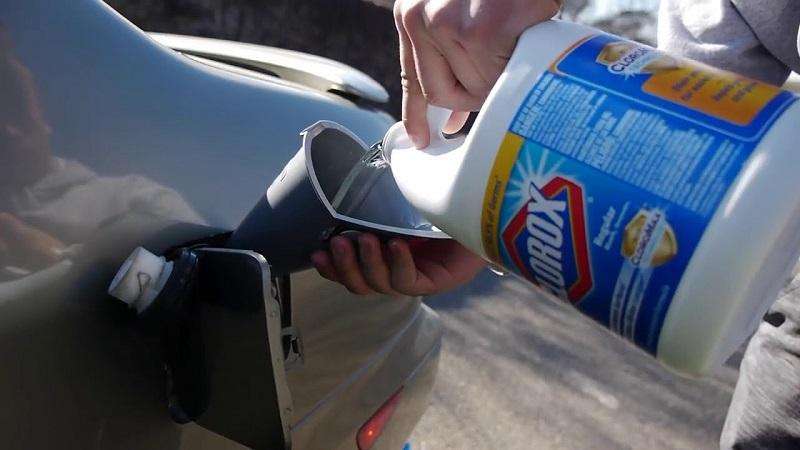
How Much Bleach in a Gas Tank Will Damage a Car’s Engine?
Undiluted bleach solution, even in the smallest amounts, can damage a car’s engine. Filling the car’s engine with bleach is another recipe for engine disaster, as the car won’t even start because the substance in the tank isn’t gas. If the concentration of undiluted bleach is higher than gasoline in a mixture, the engine gets damaged, sometimes beyond repair.
The situation doesn’t get any better with a bleach solution that has more water to dilute it as water leads to corrosion of metal parts of both the engine and gas tank. For this reason, bleach should have no business with a gas tank, whether in significant quantities or minute, diluted solutions, because both are dangerous for the vehicle.
What Happens If You Mix Bleach and Gas?
When you mix bleach and gas in a tank, the water in the bleach will settle at the bottom of the tank because it’s lighter, and the chlorine component will react with the gas at the top. This reaction is dangerous and combustible, leading to the emission of toxic fumes into the car, and this is dangerous to the health of the car’s occupants. Furthermore, the chlorine reacting with gas will reduce the potency of the gas. The gas is supposed to react with oxygen for combustion, but instead, chlorine leads to oxidization by displacing oxygen and then reacts with gas instead for combustion.
This might not be harmful because combustion is what the car needs from the gas to generate power. So, a small amount of chlorine in the engine isn’t much of a problem in the short term. It only becomes a problem if allowed to rest in the gas tank for more days as the corrosive properties of chlorine will manifest in eating up rubber and metal components of the car’s engine.
What Do You Do When You Suspect Bleach in Your Gas Tank?
If you suspect bleach in your gas tank, that’s good news because you can do something about it. Most people don’t even notice until the damage is done. So, if you think someone must have maliciously added bleach to ruin your car’s engine, or you mistakenly did, don’t turn on your car’s ignition. Go to a mechanic and have your gas tank lowered for gasoline evacuation. The entire mixture will be flushed out, gas will be added and flushed out for more cleansing, and you can have a clean tank. The gas lines and pump will also be cleaned thoroughly by the auto technician.
If you didn’t notice in time and the gas has already gone into critical components of the engine, adding an alcohol-based gas or biofuel can remedy the situation. This type of gas absorb the bleach and prevent further damage.
Symptoms of Bleach in a Car’s Engine
Here are telltale signs that your car’s engine is running on a bleach-gasoline mixture.
- You’ll experience engine misfires
- The car will stall
- The car might not start after a while
- You’ll perceive foul odors around the car
- The fumes from the exhaust will be strange and denser
In Summary
Adding bleach to a gas tank is wrong regardless of the reason and should be discouraged. Here’s a brief rundown of the consequences of adding bleach to a gas tank.
- The gas tank will corrode in no distant time.
- The corroded pieces will follow the gas-bleach mixture to every part of the car’s engine and clog the gas filters.
- All parts of the engine that comes in contact with the gas will corrode.
- Depending on the bleach’s concentration, the car will stall or ride for a while and stop.
- Bleach leads to total damage to a vehicle’s engine and sometimes, irreparable damage.

Hi dear, my name is Jeffery Ekweghi, and I am a certified mechanic and autobody parts technician. I created this site to share my expertise and experience with car lovers looking to resolve their car-related issues. I am certified in private cars and heavy-duty commercial vehicles. I have worked as a mechanic since 2015 and have experience in vehicle brands like Subaru, Jeep, Toyota, TATA, BMW, Mazda, Honda, Nissan, Kia, TVs, and Others; however, I primarily specialize in Toyota vehicles.

